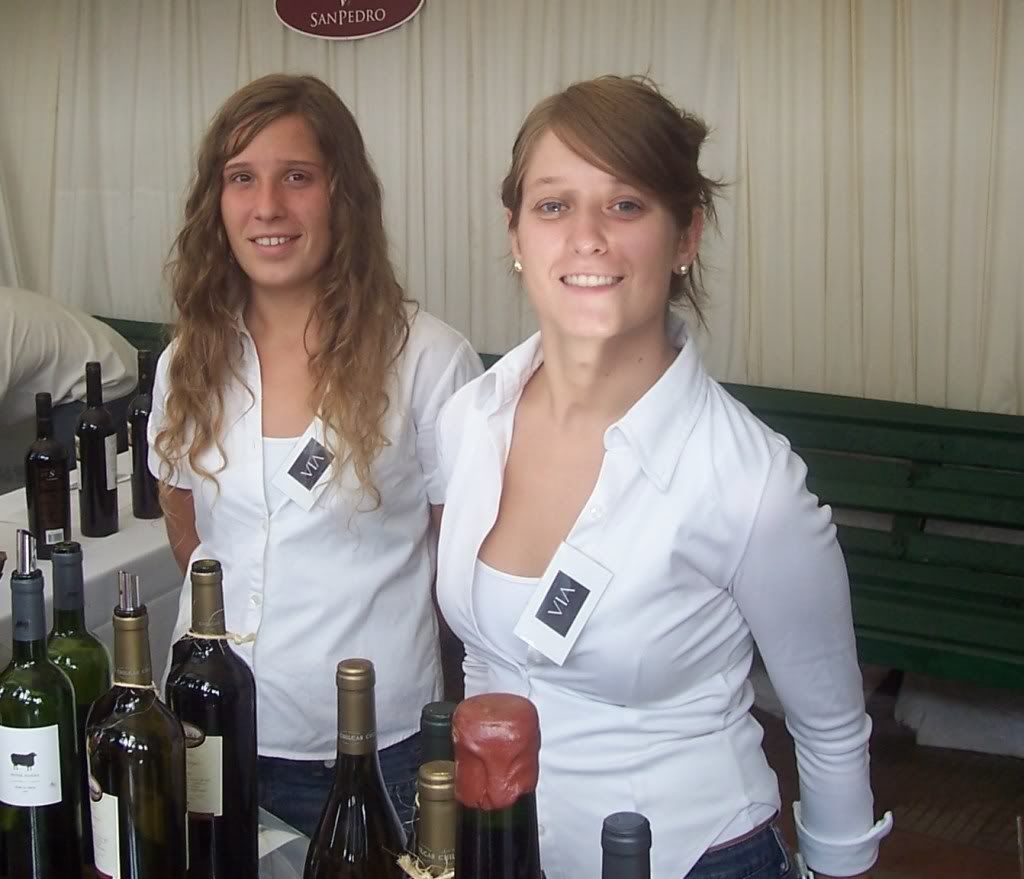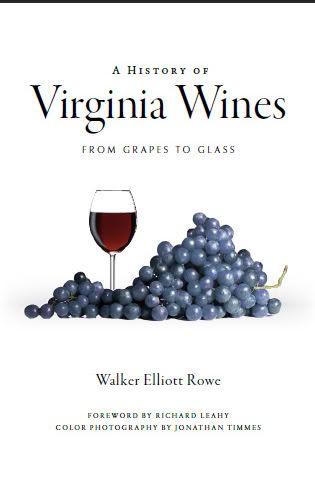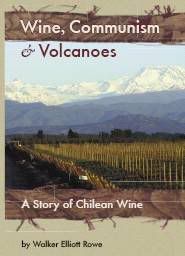Before I went to visit Berea Gardens Hartland farm I read Victor Davis Hanson’s “Agrarian Dreams”. This professor of the classics at
Victor Davis Hanson relates his family’s struggles to make a profit with raisins and plums. He is a conservative yet he blames President Reagan and his department of agriculture for the collapse in raisin prices that drove so many people including Mr. Hanson’s family off of the family farm. His animosity for the secretary of agriculture is like that of Wendell Berry who devotes so much of his ire at Richard Nixon’s Agriculture Secretary Butz who was promoting the idea that the only way that a farm could prosper was to get large. Butz actually wrote that “food is a weapon”.
Mr. Hanson says that while prices for commodities like raisins fell below the price at which they could be grown the middleman who operated cold storage facilities that could keep several acres of fruit chilled were making profits as they always had done. While the farmer was forced to even let his crop rot in the field for lack of a market as the price of raisins full under President Reagan the price in the grocery store remained the same or went higher.
I had bought Mr. Hanson’s book used from Amazon.com and someone had stamped into the cover “discard” as if some library had decided to toss it out. But its theme is current today. Mr. Hanson would be pleased that with the go local, go organic movement family farms are again in vogue and it is now possible to break even with your farm and perhaps even make a profit organic agribusiness notwithstanding
Organic farming is not just a way to grow food for the students and teachers at
Bob Gregory is in charge of the greenhouses and farm here having emigrated to
Off to the side of the vegetable plots was a large compost pile made of the leftovers from vegetable plants, alfalfa grown for this purpose, and peanut shells hauled in by the truckload from
Bob explains agriculture is “part of our faith”. He says, “There are lessons to be learned in the garden that are of a spiritual nature.” Certainly the poet Wendell Berry would agree with that. There is also a practical goal to all this farming which is to teach the students something useful for when they go out and do missionary work in rural areas.
I asked Bob how he controls pests without chemical pesticides. Part of the secret is timing he says. He explains that flea beetles which love the tender leaves of eggplants are a problem for three weeks in the spring. So he times the planting to get the plants established after that first cycle. Beyond that he uses insecticidal soap.
Berea Gardens grow tomatoes indoors to have less problems with fungal diseases like late blight. One of the advantages of growing inside is they can get high enough temperature (135 Fahrenheit) to drive the virus out within a week by closing the windows.
He says root-eating nematodes are a problem in parts of the farm. The control is to let mustard grow for a year. The seeds they drop drive out the nematodes.
The farm here is 6 acres of vegetable gardens and 300 acres of corn and soybeans. Here is where Bob has chosen to be practical rather than dogmatic. He uses the conventional preemergence atrazine to keep the weeds out of his corn. Without that he says there would be more weeds that corn.
Berea Gardens also grow watermelons and blueberries. He says watermelons get lots of viral diseases. Bob rotates by the melons by hand to avoid forming a yellow spot one one side and to keep insects from tunneling in. He puts copper on the blueberries because “A couple of different bacterial attack them.” The other problem here is the obvious one for people on the East Coast and that is Japanese Beetles. He says in one night they trapped 25 pounds of them. He had never seen a problem like this in
Commenting on the difference between dry weather agriculture in









No comments:
Post a Comment